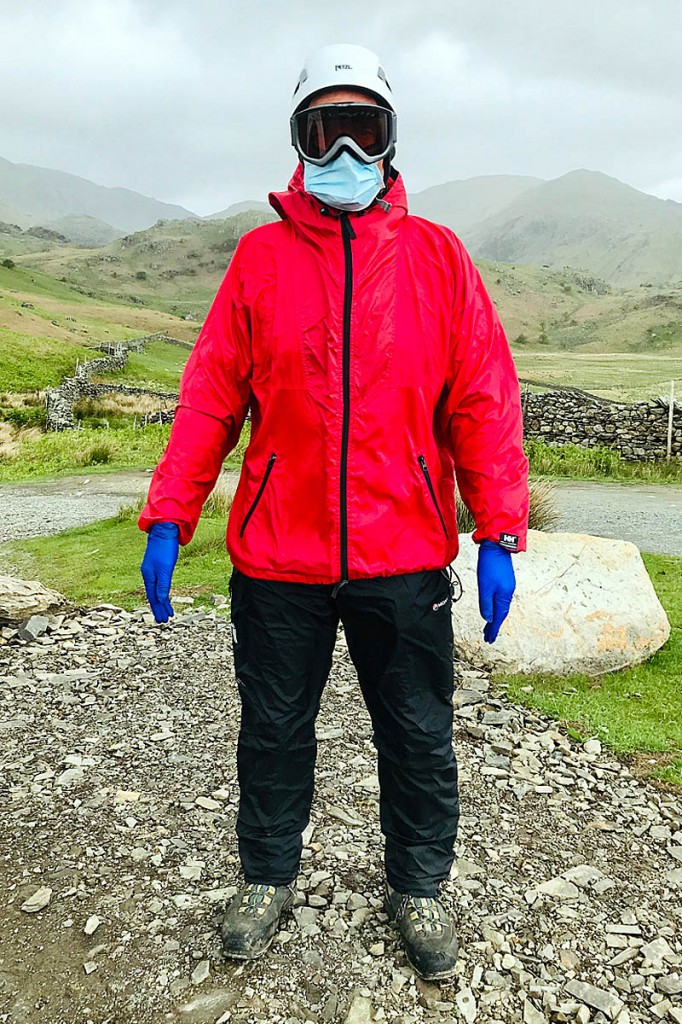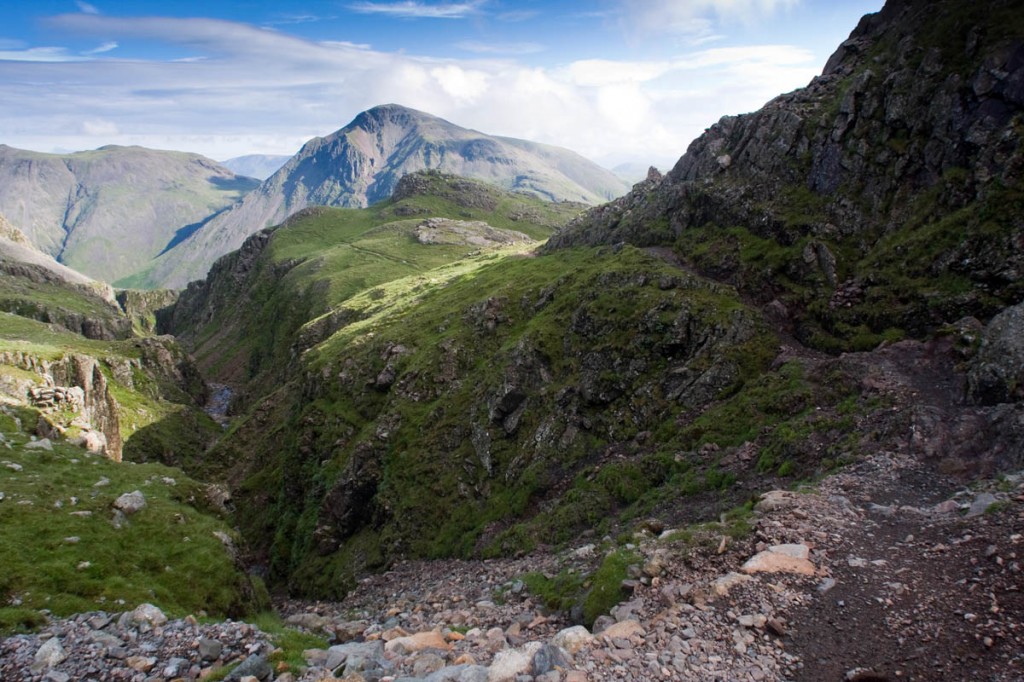Rescuers in the Lake District are warning the public it will take longer to reach them if they need help during the coronavirus crisis.
The Lake District Search and Mountain Rescue Association said visitor numbers in the national park are beginning to rise as lockdown restrictions are eased.
But any callout by mountain rescue teams involves extra time preparing members with personal protective equipment and putting in place extra protocols to minimise the risk of Covid-19 transmission.
Richard Warren, chairman of the umbrella body representing 12 teams in the national park and Cumbria, said the number of incidents dealt with by its volunteers is beginning to rise.
He said: “The leaders of the twelve Lake District mountain rescue teams would like to thank our local community and fellwalkers for their continued understanding and support over the past eight weeks keeping to low-level walks for exercise and keeping our mountain rescue team volunteers safe.
“This has maintained the number of rescues down to very low levels: only 11 incidents since lockdown on the 23 March compared to nearly 90 over the same period in 2019.
“We fully appreciate that at some point we would need to change our position following the more relaxed rules on travel for exercise. Although Cumbria and many other national parks are not ready yet to cope with the increased numbers of visitors, the visitors to the Lake District have increased dramatically, heading to the high fells in great numbers, and many very ill prepared.
“We have therefore seen an increase in the numbers of callouts in the past two weeks and our teams are slowly becoming more proficient in the new way of working, providing casualty care and rescue.
“Teams have adopted very robust procedures for protecting our casualties and volunteers. This is because both our casualties and team members may have the virus but not yet show the symptoms.
“Our procedures include the wearing of personal protective equipment, maintaining social distancing where possible and decontamination processes at the incident site. All this will inevitably slow down the rescue.
“This is unfortunately unavoidable and we ask for your patience and understanding if you are unfortunate in having an accident or medical emergency. We will come to your aid but it will take longer than usual.”
Mr Warren also pleaded with outdoor enthusiasts to stay within their own capabilities when heading out.
“Becoming lost or overdue is fully avoidable and there is guidance to help avoid having to call out the teams.”
The association said you should exercise within your limits and avoid taking risks. Know your level of skill, competence and experience and those of your partner. Make sure you have the right equipment for your trip to the hills and valleys noting that many of our callouts are low down in the valley bottoms. Learn how to navigate; don’t rely on smart phone technology, it can let you down.
Mr Warren pointed out his own team, Wasdale MRT, was involved in an avoidable incident at Piers Gill on the Scafell range recently, when the correct equipment and skill in traditional map and compass work would have prevented the need to call for help.
The LDSMRA said: take a torch. Even on the longest days, you never know when your activity will catch you out or you go to the help of a fallen, cragfast or lost walker.
Mr Warren said: “The government’s slogans are: ‘be alert’ and to ‘apply commonsense’.”
- Be alert to the risks you are placing on yourself and our volunteers
- Be alert to the longer time it will take for teams to get help to you
- Be alert that we have limited quantities of personal protective equipment
- Be alert that we must decontaminate our equipment, vehicles and clothes afterward
- Be alert that Cumbria’s infrastructure is still not fully ready to cope with the surge of visitors.
Mr Warren added: “So very much be alert – be kind to our volunteers and respectful to our emergency service, our rural communities and to our farmers.”
More advice can be found on the Adventure Smart website.

